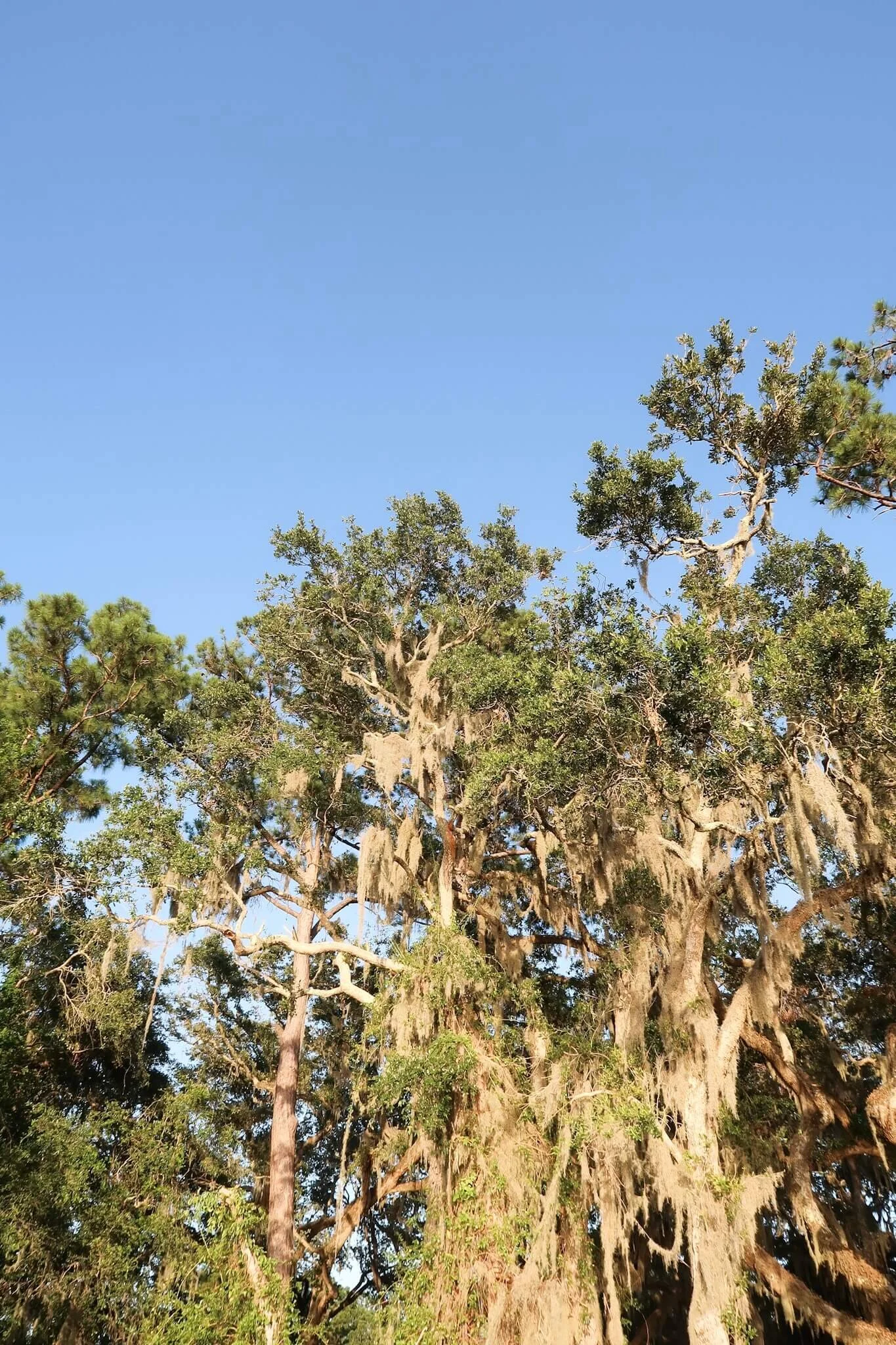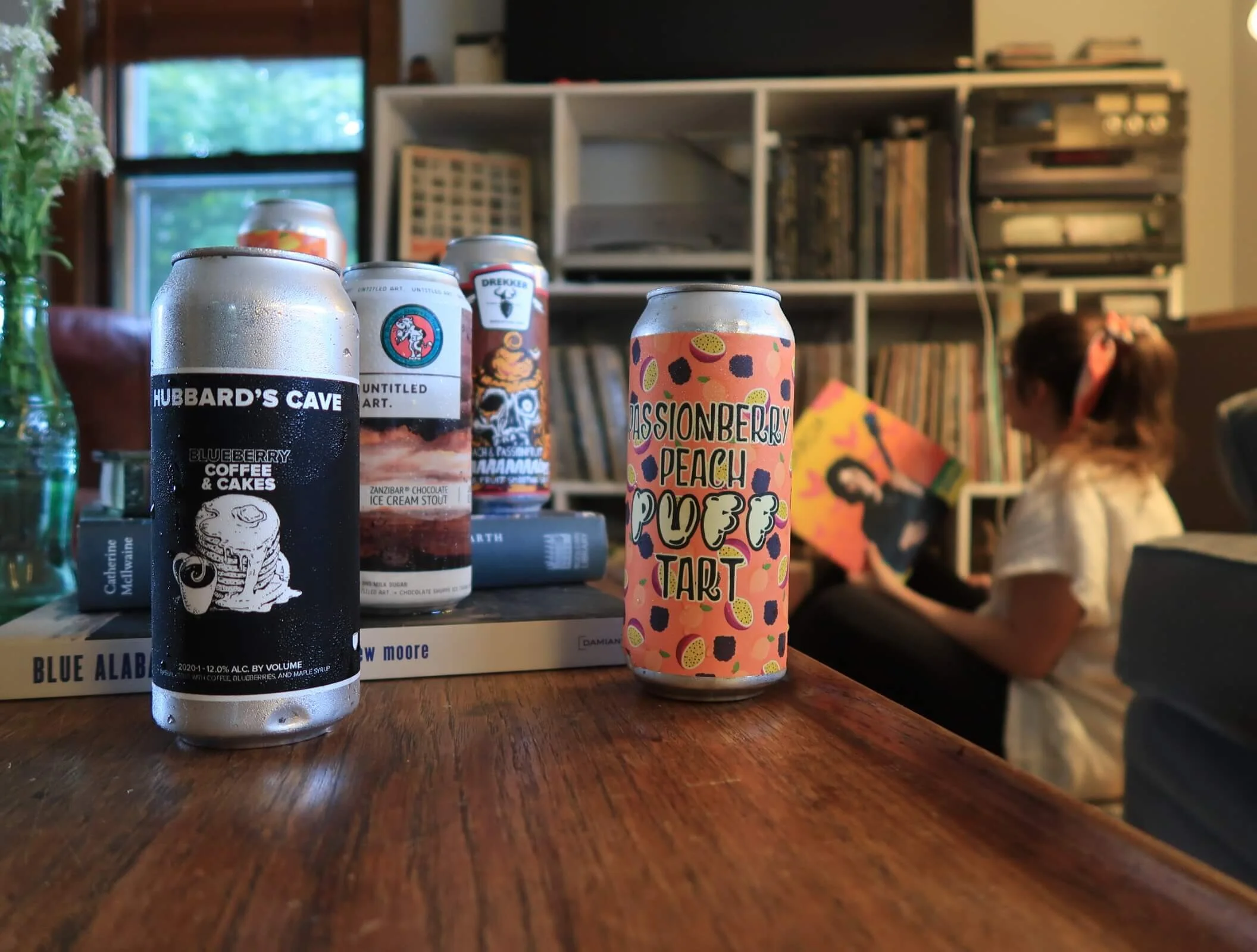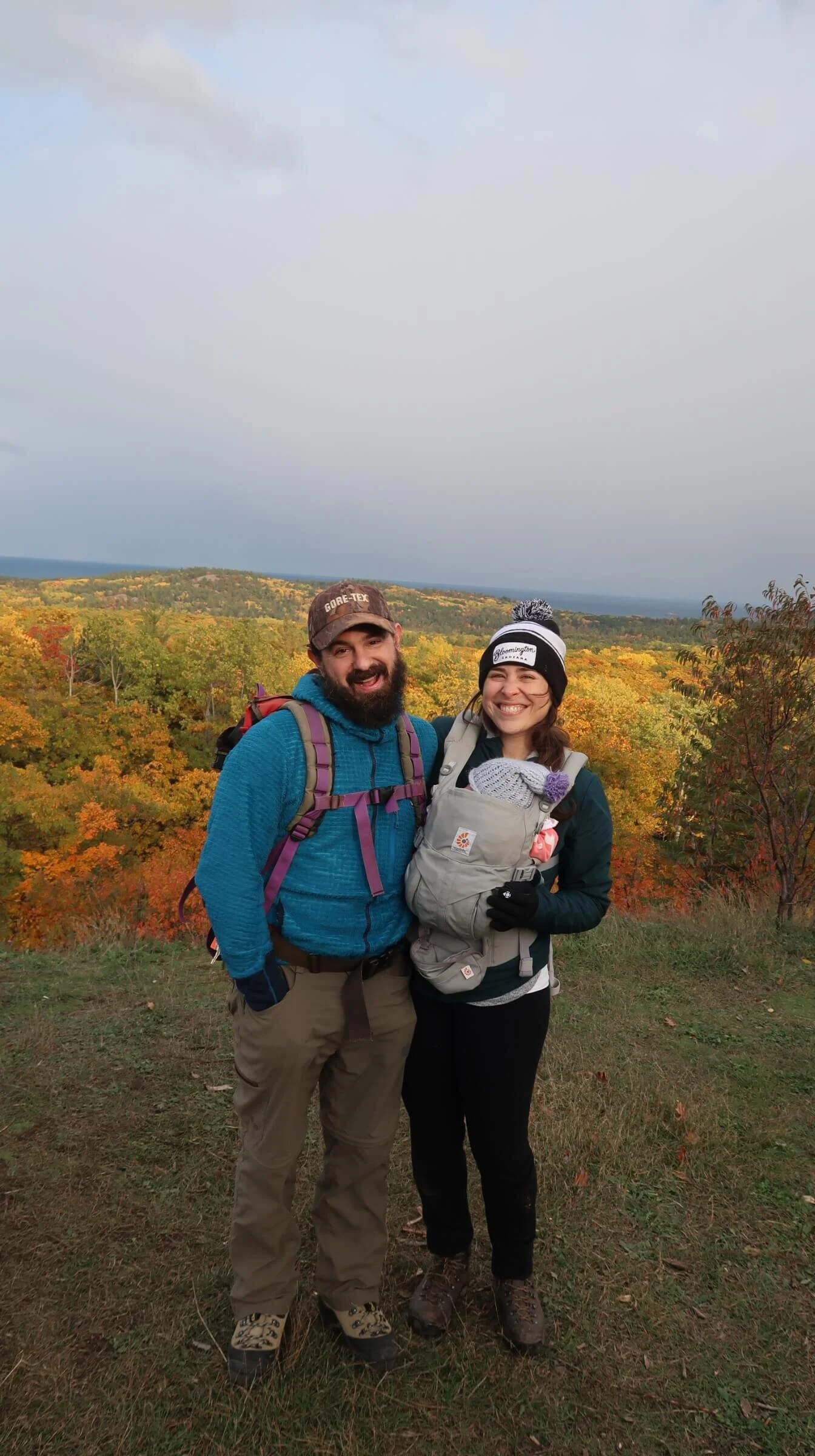Race and Travel: Where I Go From Here
If the old live oaks could speak, what stories would they tell? These trees have always brought fond memories of St. Simons Island, my hometown on the Georgia coast. But after Ahmaud Arbery's murder, I think of all the things they've borne witness to.
In 1856, the largest slave sale in American history took place in Savannah--about 52 miles from St. Simons. It reportedly rained two days straight, “as though the heavens were crying.” The slaves sold were from plantations on St. Simons Island. Families were ripped apart, with parents, children, brothers, and sisters never to see each other again. Although much of the physical evidence of the plantations is gone in St. Simons Island, the weight of those choices remains heavy.
When something doesn’t affect you directly, it is easy to go along with your life, thinking these heart-wrenching crimes against Black people are just isolated instances. When Aurbery was murdered in a neighborhood near where I grew up, I felt sick and realized that where I grew up was no different from Tulsa, Rosewood, Ferguson, Baltimore, Tampa, New York City, and so many other places where Black people were murdered because of their race. And it made me recognize that this country is still in the same shit.
Then George Floyd and Breonna Taylor were murdered. Their deaths, coupled with the overwhelming evidence that “Blacks are dying at rates higher than their proportion of the population (as reported by NPR),” led to the country’s streets exploding with centuries of pain and suffering.
I don’t want to be silent anymore. I have more personal work to do to understand my privileges and what I can do to acknowledge the truth of American history and take action to change our collective story moving forward. I can start at home. Now that I’m a mom, I feel even more of a responsibility to educate myself so I can teach my daughter.
I realize many of you come here to find out about vacation ideas in the United States and might be wondering why I’m writing about race on my travel blog. Two reasons. First, I started my blog to highlight unique places to visit in the United States, but my tagline, “The US is Cool Too,” has glared at me for months, begging the question: for whom? It's easy to think that race doesn’t impact travel (if you’re white). But millions of Black people don’t feel safe where they live, let alone travel to new parts of the country. Race is undoubtedly intertwined with travel.
From 1936-1966, Victor H. Green published The Negro Motorist Green Book as a travel guide for African Americans traveling around the country. The Green Book recommended hotels, boarding houses, taverns, restaurants, service stations, and other establishments that served African Americans patrons to help them travel more safely.
I recently reread an article by Cynthia Tucker at The Bitter Southerner entitled “Traveling While Negro,” originally published in 2018 after the controversial Green Book film took high praise during that year’s award season. Tucker writes, “In the 1948 edition, Green had written: ‘There will be a day sometime in the near future when this guide will not have to be published. That is when we as a race will have equal opportunities and privileges in the United States. It will be a great day for us to suspend this publication for then we can go wherever we please, and without embarrassment.’ The ensuing years haven’t worked out quite as smoothly as Green had hoped.”
Second, my blog audience and social media followers are overwhelmingly white women. I’m not an expert but I feel it is important to let my readers know where I stand. It’s necessary to understand the ways we are complicit in upholding systemic racism and commit to the lifelong process of becoming anti-racist.
There’s so much to explore in this country, especially the stories of people who make it so unique. The goal of this blog has always been to listen and share information. My plan moving forward is to share a more complete story of places I visit, actively seeking out and amplifying more Black-owned and POC-owned restaurants, shops, hotels, and tours to feature. I’ll also continue to share helpful anti-racist resources and Black creators I admire on Instagram. If you have any other ideas, please let me know.
This is a marathon, not a sprint, and definitely not a trend. I’m still learning and sincerely want to contribute to the conversation in a meaningful way and help turn the tide.
There are so many resources available, but I want to share a few that have been helpful for me lately:






